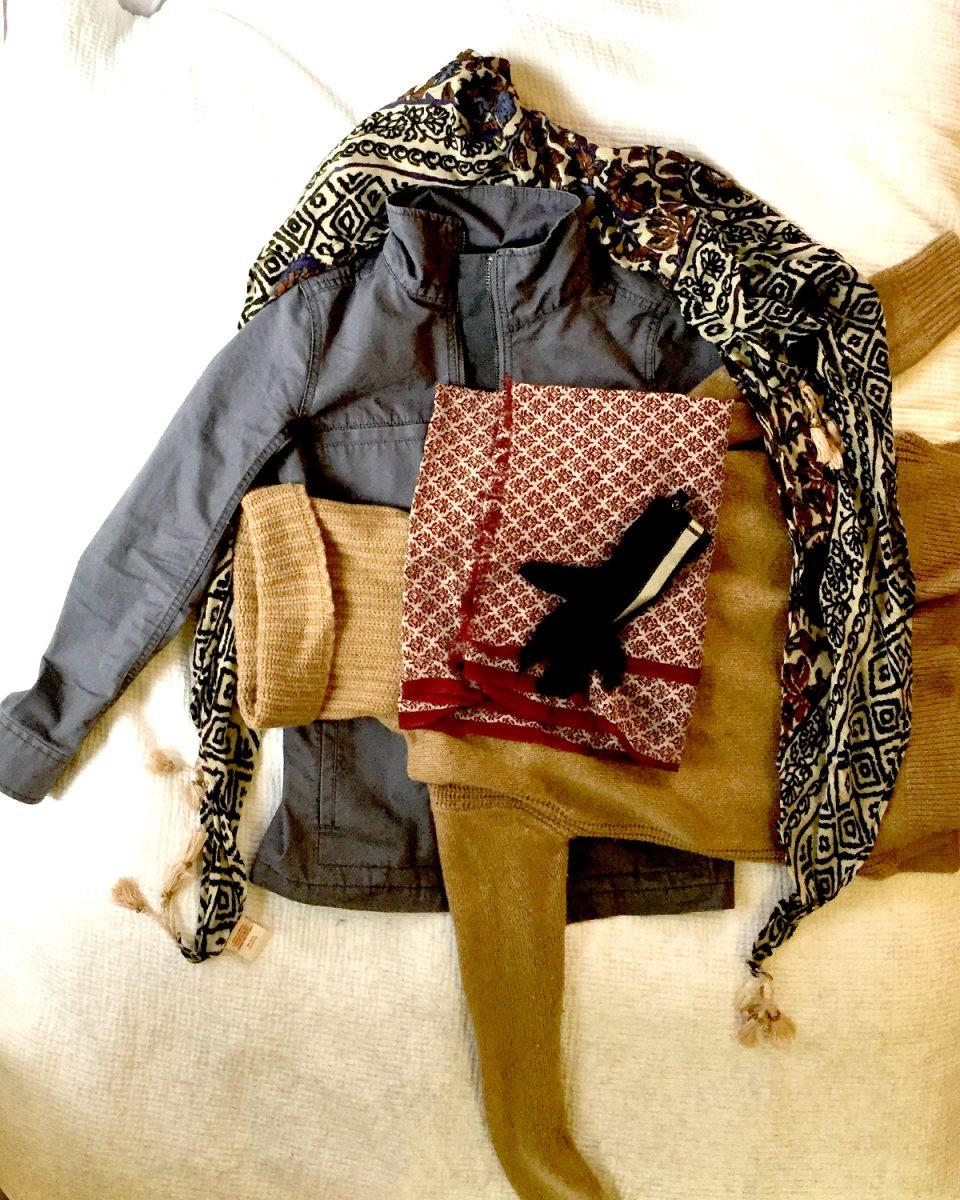In March, after noticing a staggering increase in the amount of “sentimental” detritus belonging to graduating seniors, two concerned students, Charlotte Webb ’16 and Fernanda Arable ’16, decided to take swift and decisive action to help their classmates.
Webb and Arable recognize that it is hard for seniors to part with the possessions they have accumulated over their time at Wellesley; however, when the two witnessed Ophelia Hamm ’16 nearly drown in their own personal clutter, the devastated duo developed an app to aid students in need.
Hoarders for Hire works closely with the critically-acclaimed A&E television series “Hoarders.” Recovered hoarders from the show will be assigned to a member of the Class of 2016 currently suffering hoarder-ish tendencies in order to teach them what the hoarders have learned from their own recuperation. Through the course of their partnership, dozens of students have significantly decreased the amount of “stuff” in their rooms by nearly 25 percent, a drastic improvement from the dark times before the app.
We sat down with the developers of Hoarders for Hire in Lulu for more details on how the app functions.
“The app functions a lot like Tinder, so it should be a really familiar platform for a lot of our struggling seniors. It’s really simple. You download the app, and then immediately begin swiping left or right on hundreds and hundreds of unhired hoarders, all of whom are fully recovered,” Webb said.
While Webb’s partner agreed, Arable also outlined some of the key features that set their app apart from the online dating service.
“Right, but instead of reading a witty biography about drinking or football or whatever, each hoarder displays a rating of their physical and emotional ‘stats’ on a scale from one to ten. If the hoarder is physically strong and able to haul lots of your useless garbage, but might not be as recovered as you’d like, they’ll get a ten on physical strength, but a lower score on their emotional stability. We typically like to encourage users to swipe right on a balanced person,” Arable added.
After carefully combing through the student’s rooms, storage and wherever else they might put their belongings, the student and hoarder work together to separate useless items from things worth keeping. The belongings deemed unnecessary are put on Wellesley’s Free and For Sale Facebook group.
Although these students are taking impressive steps to beat their hoarding tendencies, this has led to a meteoric rise in obnoxious Facebook notifications, letting you know that so-and-so has put their futon with 3 holes, rice cooker that doesn’t work or “that cute bra that I say I’ve never worn, but definitely have since the dawn of time” on the page. Some of these items will be sold, and those that are not will move on to Goodwill. Meanwhile, the rest of the Wellesley community is left to parse through all of their notifications.
“Ever since the development of that app, I have been having such a hard time dealing with all of the notifications from event invitations, shared posts from my friends, tagged photos, the class pages, org pages, et cetera, et cetera, that I really do feel so overwhelmed by the ridiculous amount of notifications from the Free and For Sale group. Like, I’m really considering deleting my Facebook once and for all just to get away from all of this,” Maria Martel ’19 said.
It seems like hoarders can’t stop causing problems.









